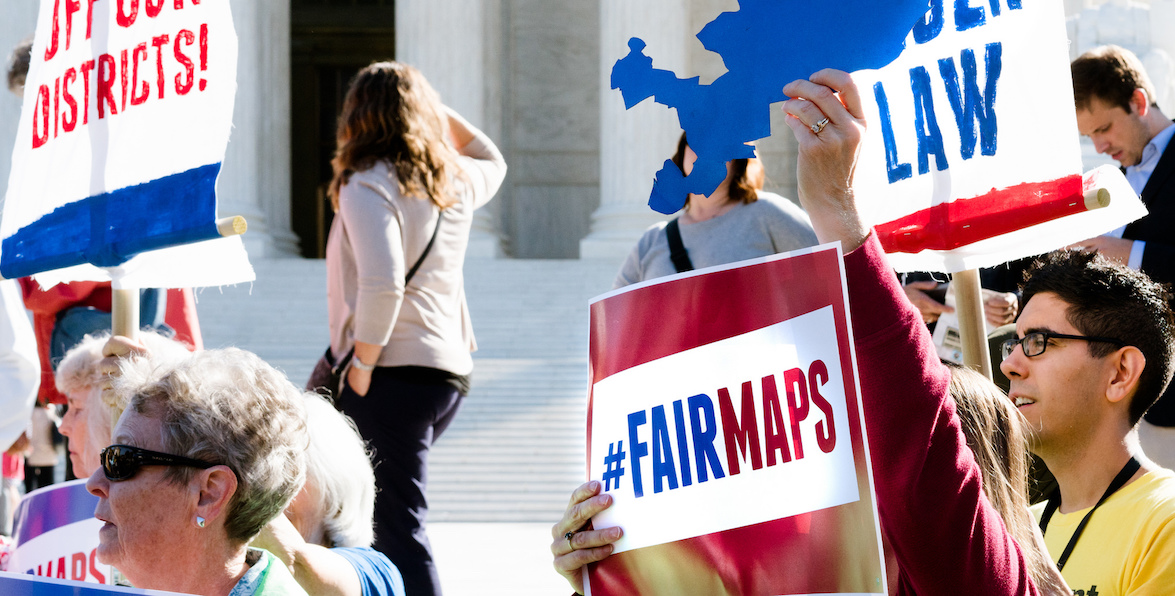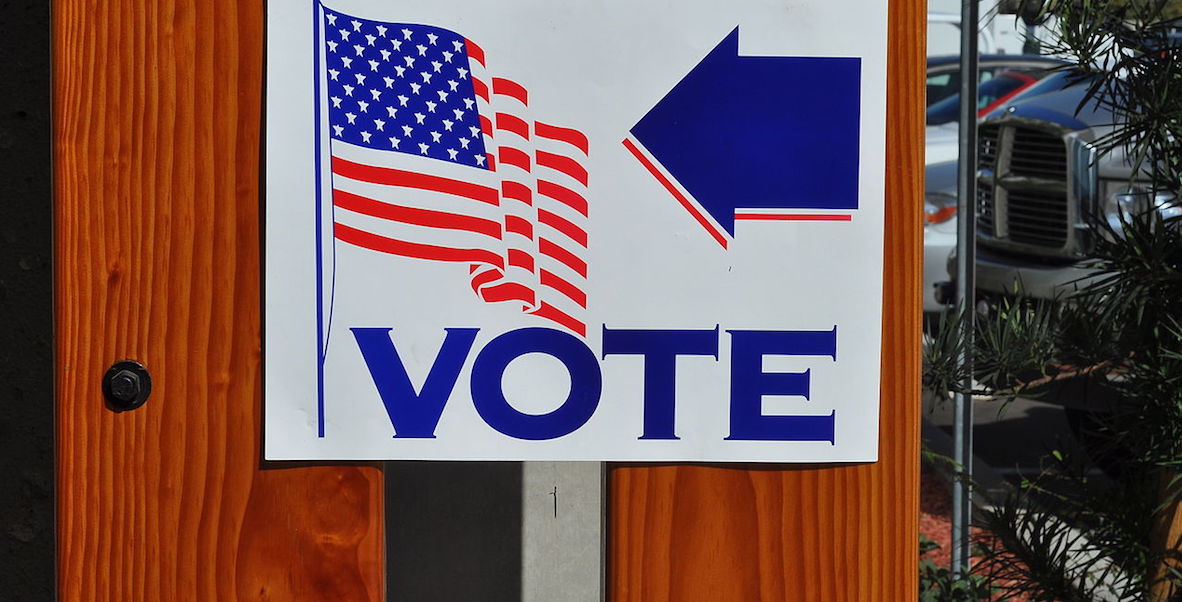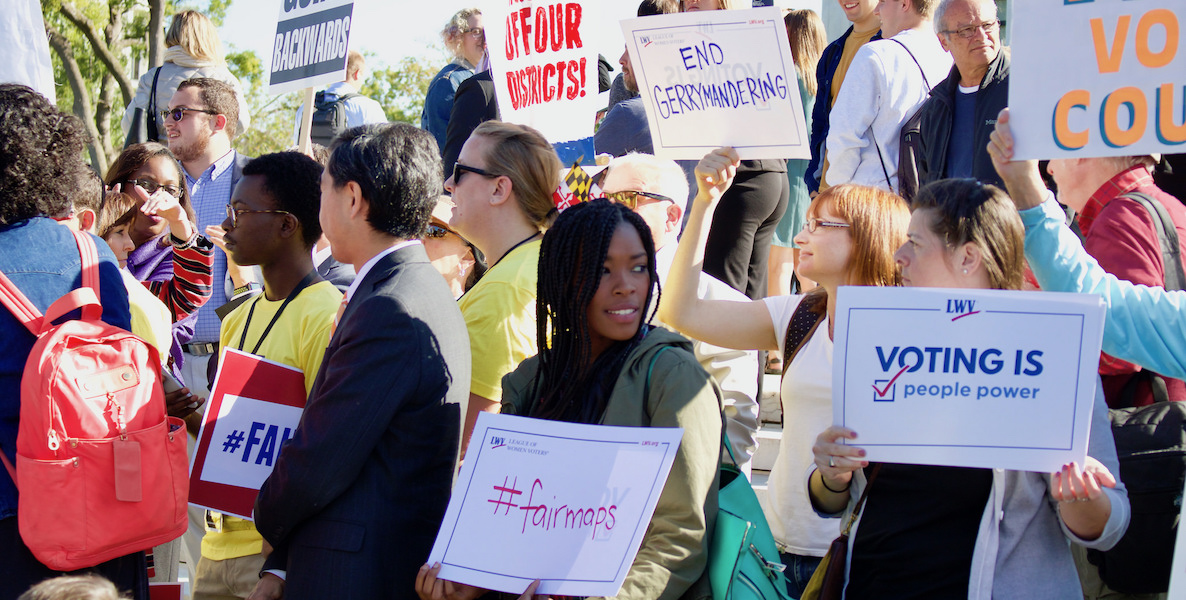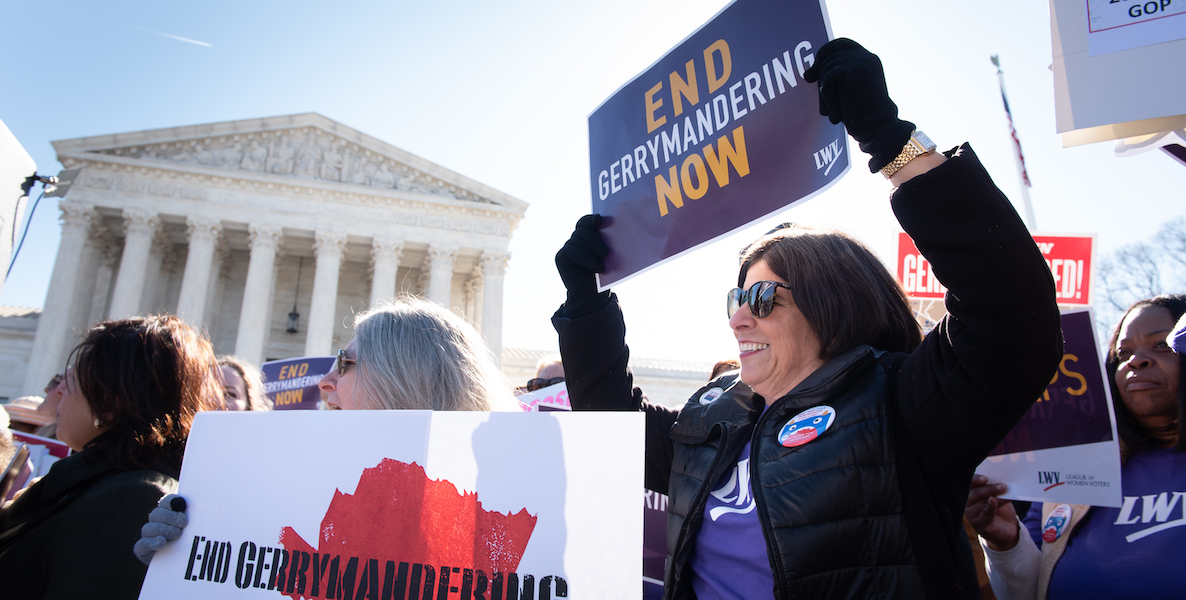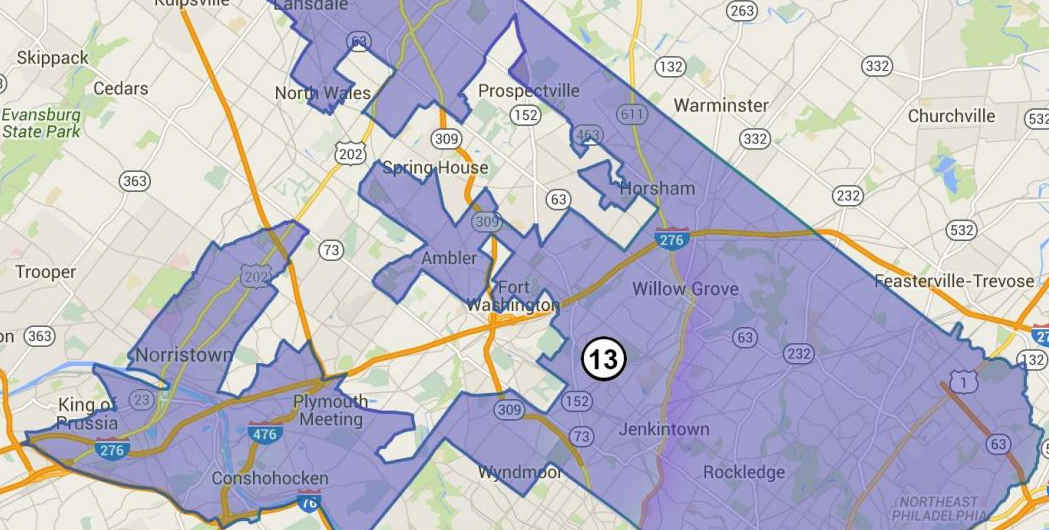In what is hard to not see as a blow to democracy, the Supreme Court ruled last week that it is politicians, not federal courts, that should shape electoral districts across the land. The decision—split along party lines—allows state legislatures to decide without legal challenge the size, shape and makeup of districts. This is a victory for gerrymandering, the highly-political process in which the party in power creates convoluted political districts for the express purpose of staying in power.
“We conclude that partisan gerrymandering claims present political questions beyond the reach of the federal courts,” Chief Justice John Roberts wrote, which is not to say even Roberts thinks gerrymandering is good for democracy. “Excessive partisanship in districting leads to results that reasonably seem unjust,” he wrote.
Justice Elena Kagan, who wrote the dissent, had some pretty choice words for the decision. “The only way to understand the majority’s opinion,” she wrote, “is as follows: In the face of grievous harm to democratic governance and flagrant infringements on individuals’ rights—in the face of escalating partisan manipulation whose compatibility with this nation’s values and law no one defends—the majority declines to provide any remedy.”
“In the face of grievous harm to democratic governance and flagrant infringements on individuals’ rights—in the face of escalating partisan manipulation whose compatibility with this nation’s values and law no one defends—the majority declines to provide any remedy,” wrote Justice Kagan.
Pennsylvania, until recently, was the poster child for gerrymandering. Then, last year, the state Supreme Court stepped in. The justices threw out the old congressional map, and created a new one that looks like a semblance of reason: mostly by county lines. That the court is mostly Democratic, and the legislature mostly Republican, means the decision did not go over well with many. Still, those newly-drawn districts were how we were sorted in the 2018 midterms.
On Friday, I checked in with Committee of Seventy Executive Director David Thornburgh, who chairs Gov. Wolf’s Redistricting Reform Commission, to find out where the Supreme Court decision leaves us:
Roxanne Patel Shepelavy: The Supreme Court decision seemed like bad news for people who want electoral reform in America. Was it?
![]() David Thornburgh: Well, this was disappointing, but not unexpected. We’ve been spending hours and hours on this issue, and I never thought the Supreme Court would come to our rescue. There is no public policy Santa Claus. I knew that the Court would have a hard time taking this issue on because it would feel like a pandoras box trying to wrestle this judicial issue to the ground. But they’re not saying it’s a healthy thing for democracy.
David Thornburgh: Well, this was disappointing, but not unexpected. We’ve been spending hours and hours on this issue, and I never thought the Supreme Court would come to our rescue. There is no public policy Santa Claus. I knew that the Court would have a hard time taking this issue on because it would feel like a pandoras box trying to wrestle this judicial issue to the ground. But they’re not saying it’s a healthy thing for democracy.
As Chris Satullo [head of Seventy’s redistricting project, Draw the Lines PA] said: This is just a reminder that it’s up to us. There’s rightful concern about this in a lot of corners in the country. In the last year, five states have changed how they do this to make it more fair. That’s where the fight should take place.
RPS: The decision seems in opposition to what happened in Pennsylvania, where the state Supreme Court determined new districts. How does the U.S. Supreme Court decision affect those changes?
DT: This doesn’t affect the PA Supreme Court decision in the least. The ruling was about whether Federal Courts can and should weigh in on this issue, but it leaves wide open the issue of whether state courts can take it up according to their constitutions. And about 15 or 20 states have similar constitutions to ours, so could work the same way.
![]()
Lawsuits are blunt instruments that can be helpful. But lawsuits do have collateral damage. The court here just swapped in one set of maps for another. Republicans were honked off that the court set the districts. So when Gov. Wolf set up this commission and asked me to chair it, no Republicans agreed to be on it. These things need to change through political advocacy and organizing.
RPS: Is there any chance of that?
DT: There is embedded in the state constitution since 1968 a structure for determining the electoral maps. There’s not enough time to get a constitutional amendment done before 2020. But in the fall, there’s bills in various stages of making their way through the process that seek to improve the legislative maps in a way that doesn’t involve a constitutional change.
RPS: But are any of those bills likely to pass?
DT: I’ve been impressed talking to people: There’s an enormous hunger for change. This issue has mobilized people like never before in our history. The Fair Districts PA folks, and others, have done a good job of mobilizing people. It’s a question of how they can bring it home.
There is no Santa Claus, no lightning bolt; nobody is going to save us. It’s up to us. So just get on with it.
Plus, the Republicans did not do well in the 2018 legislative races; they lost 11 seats in the House. So the margin there is a lot less than it was. Some Republicans looking ahead to 2020, and feeling a lot less confident that they will hold on to the House and Senate, may be willing to make a deal.
RPS: What is the Governor’s Redistricting Commission, which you chair, all about?
DT: The executive order says: Talk to people of Pennyslvania, and look at other states, and make recommendations for a process that is more fair. We’ve been all over and talked to hundreds of people. It’s heartening to see how much time and energy that people have invested in understanding how this takes place, and how it could be improved. They bring basic ideas of common sense and fairness and what it means to be included.
![]()
The meetings have been like panning for gold: A fair amount of gravel, but a few real nuggets along the way. The takeaway just leaves me impressed that good old citizens can make a change. We have one more meeting, and several phone calls, and then our report goes to the governor.
RPS: So, to be clear—in the 2020 election, we will be voting in the new Pennsylvania districts we had in 2018. Right?
DT: Yes.There’s no political will or way to challenge those again. If you were not happy with the maps that the Supreme Court entered, you’re going to wait until 2021, after the 2020 census, when we start this map drawing process again. And, by the way, I’ll remind us that City Council maps have to be redrawn after the census as well.
RPS: I have to say, you’re very optimistic that this will all work out.
DT: I wouldn’t be doing this if my glass was half-empty. You have to be hopeful and encouraged by what you’re doing, or you can’t do it.
And this clarifies things: There is no Santa Claus, no lightning bolt; nobody is going to save us. It’s like what people have said about the city and the federal government: They’re not going to step up. It’s up to us. So just get on with it.
photo by League of Women Voters via Flickr


